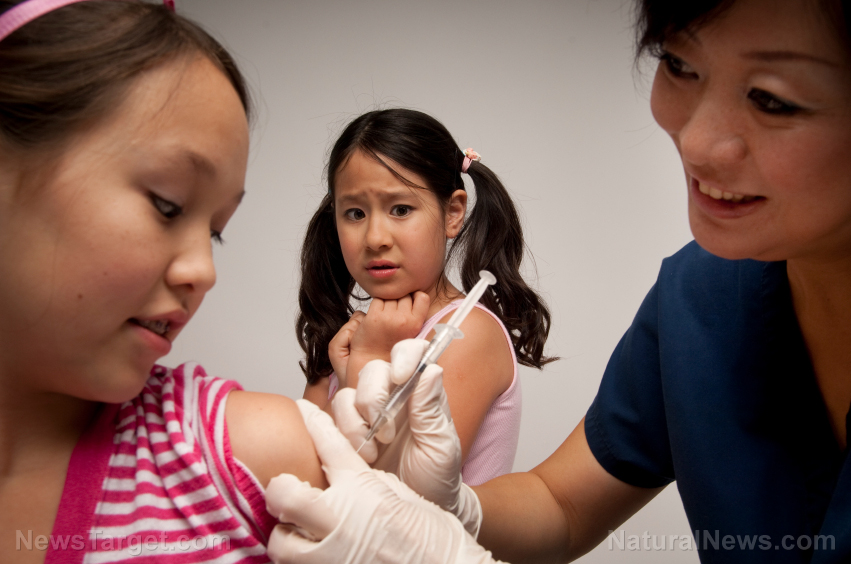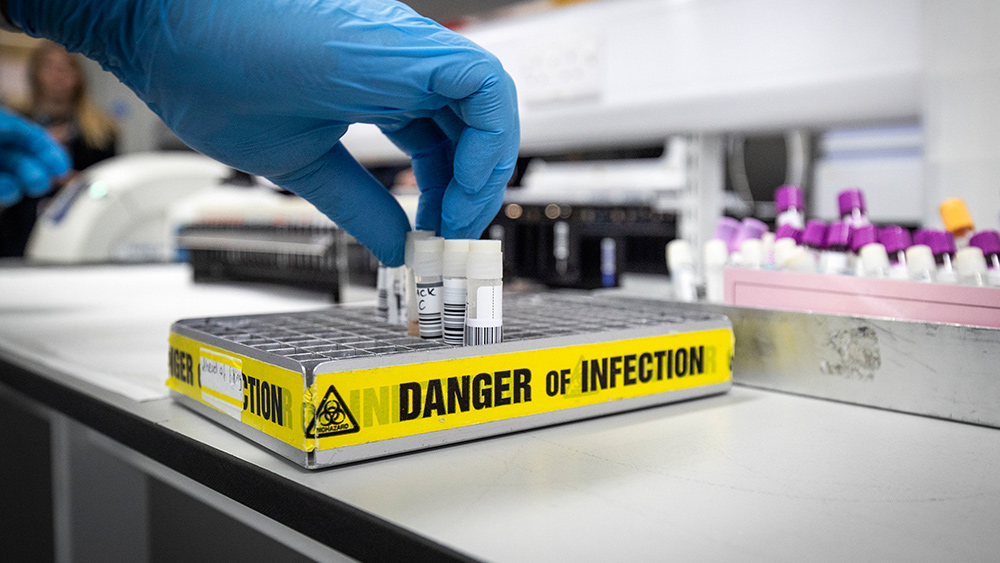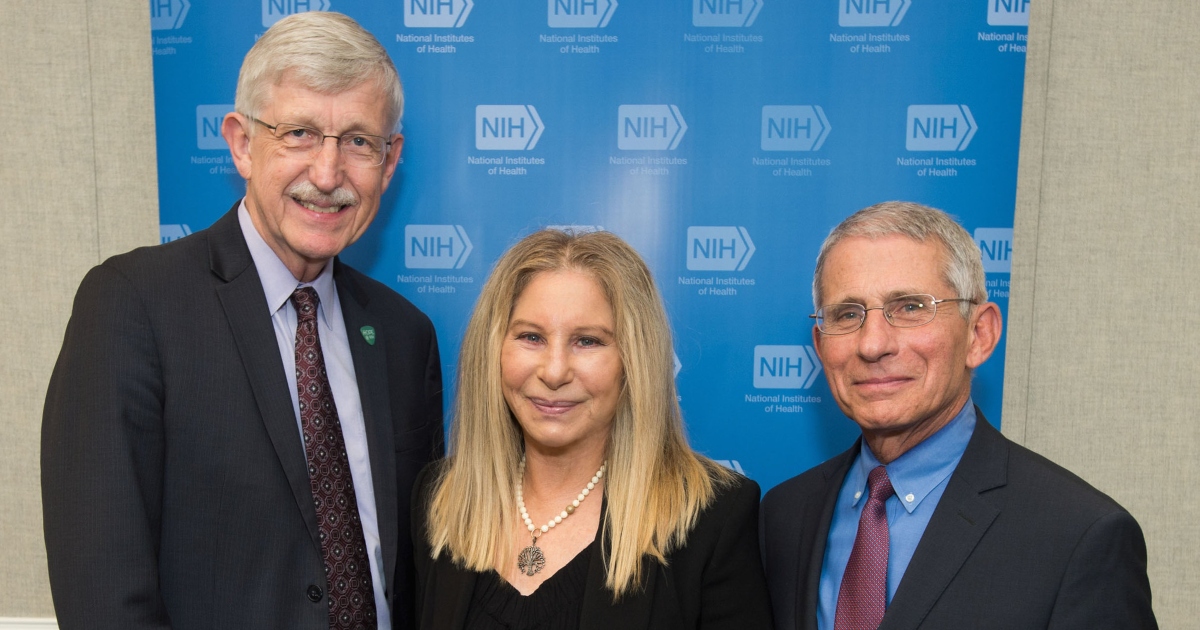
It has long been known that Wuhan coronavirus (COVID-19) "vaccines" are destructive to heart tissue, but what about the boosters? New research suggests that getting the booster jab accelerates heart damage even more.
Researchers out of Switzerland found that among hospital workers who got jabbed with the primary series and later booster, cases of myocarditis and other associated cardiovascular events were much higher than what was claimed by health authorities.
Published in the European Journal of Heart Failure, the paper explains that the mRNA-1273 booster from Moderna harmed one out of every 35 recipients in the evaluation pool, "a greater incidence than estimated in meta-analyses of hospitalized cases with myocarditis (estimated incidence 0.0035%) after the second vaccination."
By comparison, myocardial injuries among the general population afflict only about one percent of the population. In the Moderna "boosted" group, it is almost triple that amount at 2.8 percent.
(Related: Following the launch of Operation Warp Speed, heart disease risk skyrocketed by 13,200 percent, the CDC confirmed.)
Getting boosted with Moderna nearly TRIPLES your likelihood of cardiac events
While the adverse events among those afflicted lasted for only about 30 days, half of the patients still showed unusually high levels of high-sensitivity cardiac troponin T, which is an indicator of subclinical heart damage.
There is very little research looking at the long-term impacts of these and other COVID shots, and the findings of this paper are no exception. It was mainly immediate heart damage that was evaluated, though we know that there is no "safe" level of myocarditis, even if "mild."
"According to current knowledge, the cardiac muscle can't regenerate, or only to a very limited degree at best," commented Christian Muller, a professor at University Hospital Basel and one of the study's lead researchers. "So it's possible that repeated booster vaccinations every year could cause moderate damage to the heart muscle cells."
Within 30 days of getting boosted with Moderna, none of the evaluated patients suffered what is described as a major adverse cardiac event, including something like heart failure. None had electrocardiogram changes, either.
Those with elevated levels were, however, advised to avoid strenuous exercise, which could cause more serious heart troubles, i.e., all those basketball and soccer players who are dropping suddenly on the court of field for no apparent reason.
Perhaps this is why athletes seem to be suffering way more cardiac events than the general population: because they are engaging in strenuous activity that the rest of the population is, quite frankly, not doing as many people sit inside all day on their computers and phones.
It is important to note as far as the study goes that no imaging tests were conducted on the participants to examine their hearts, despite imaging being recommended by many cardiologists in cases that are suspected to involve vaccine-induced myocarditis.
According to Dr. Andrew Bostom, a heart expert based out of the U.S. who was not involved in the study, it is possible that such imaging would have revealed the presence of heart inflammation, which could cause scarring or irregular heartbeat.
Dr. Anish Koka, an American cardiologist, also commented that the findings are "super useful to see how 'cardioactive' the booster is," though Koka emphasized that it is difficult to say for sure how significant the elevated troponin levels are, especially since there was no comparison done to baseline levels.
"There is really nothing clinically concerning at 30 days to report," he said on Twitter, now known as X.
Covid injections clearly destroy people's hearts and are not worth getting because of the dangers involved – not to mention they do nothing to promote health (and everything to destroy it). Learn more at ChemicalViolence.com.
Sources for this article include:
Please contact us for more information.



















